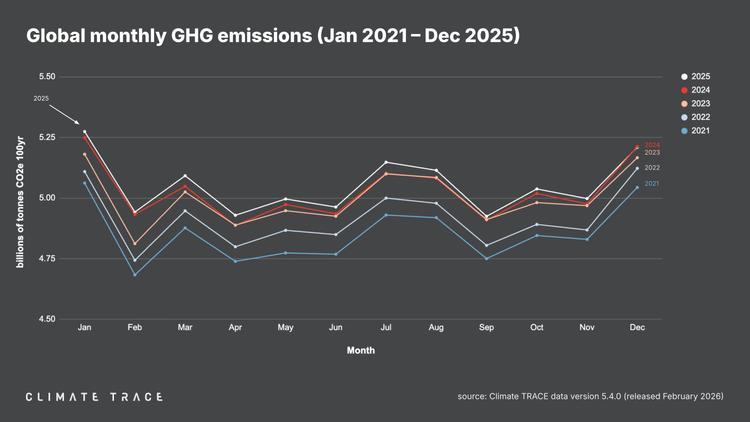EU leaders seek to kill due diligence requirements despite warnings
Studies estimate the implementation costs of due diligence obligations for large companies at 0.009% of their revenues.

French and German leaders are pushing to kill the Corporate Sustainability Due Diligence Directive (CSDDD) as part of the EU’s Omnibus revision – despite economists’ warnings that doing so would result in “deep costs”.
France’s President Macron this week told business executives that CSDDD should not just be postponed by a year – as is already the case – but should instead be scrapped entirely, echoing similar comments by German Chancellor Friedrich Merz.







